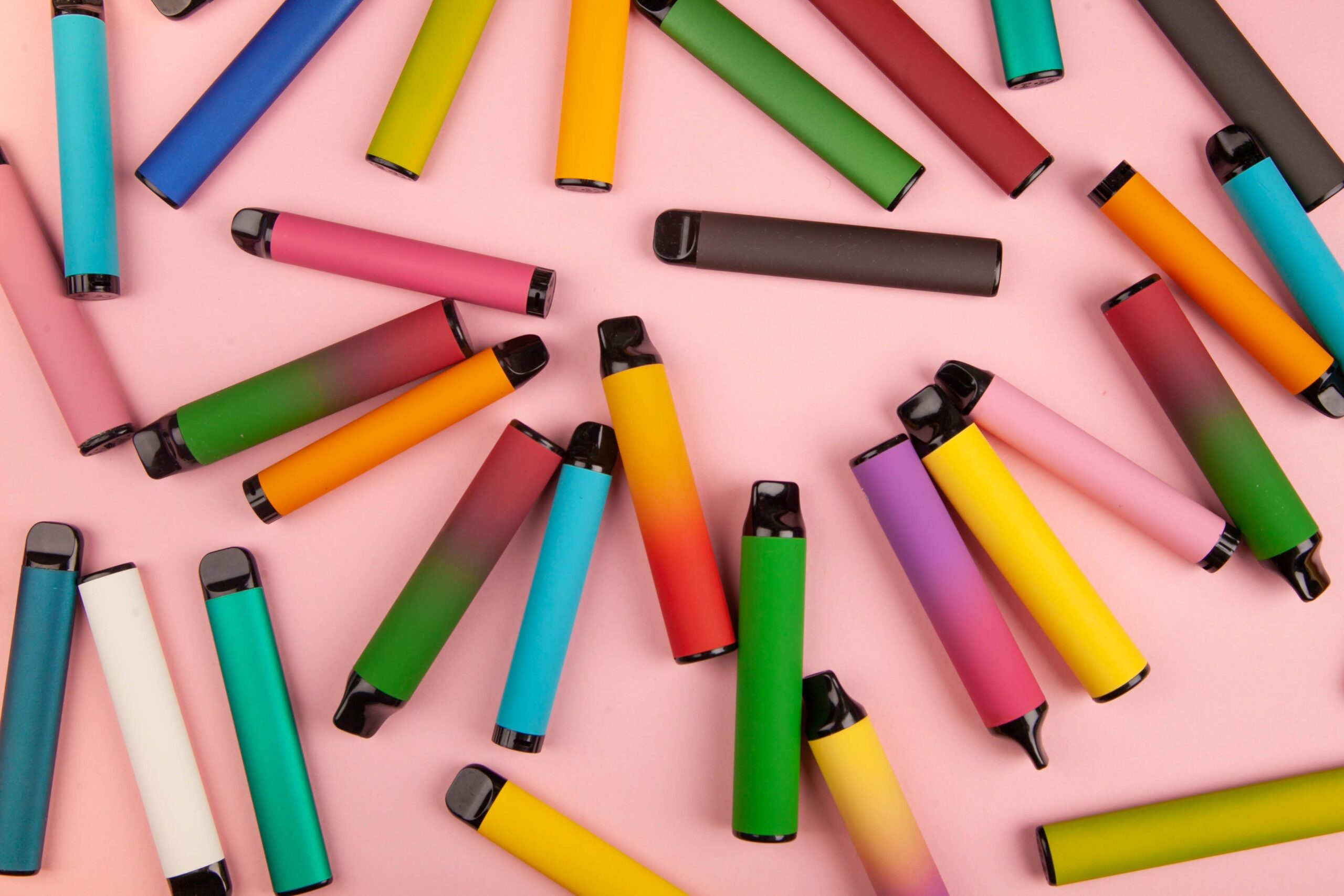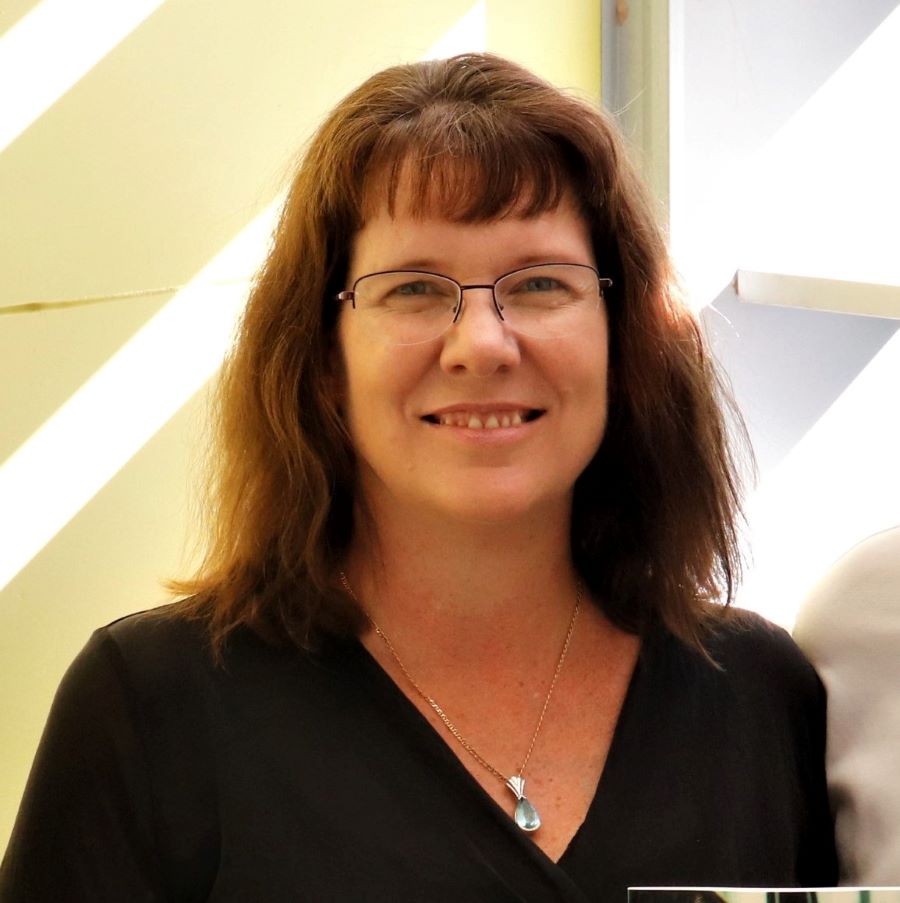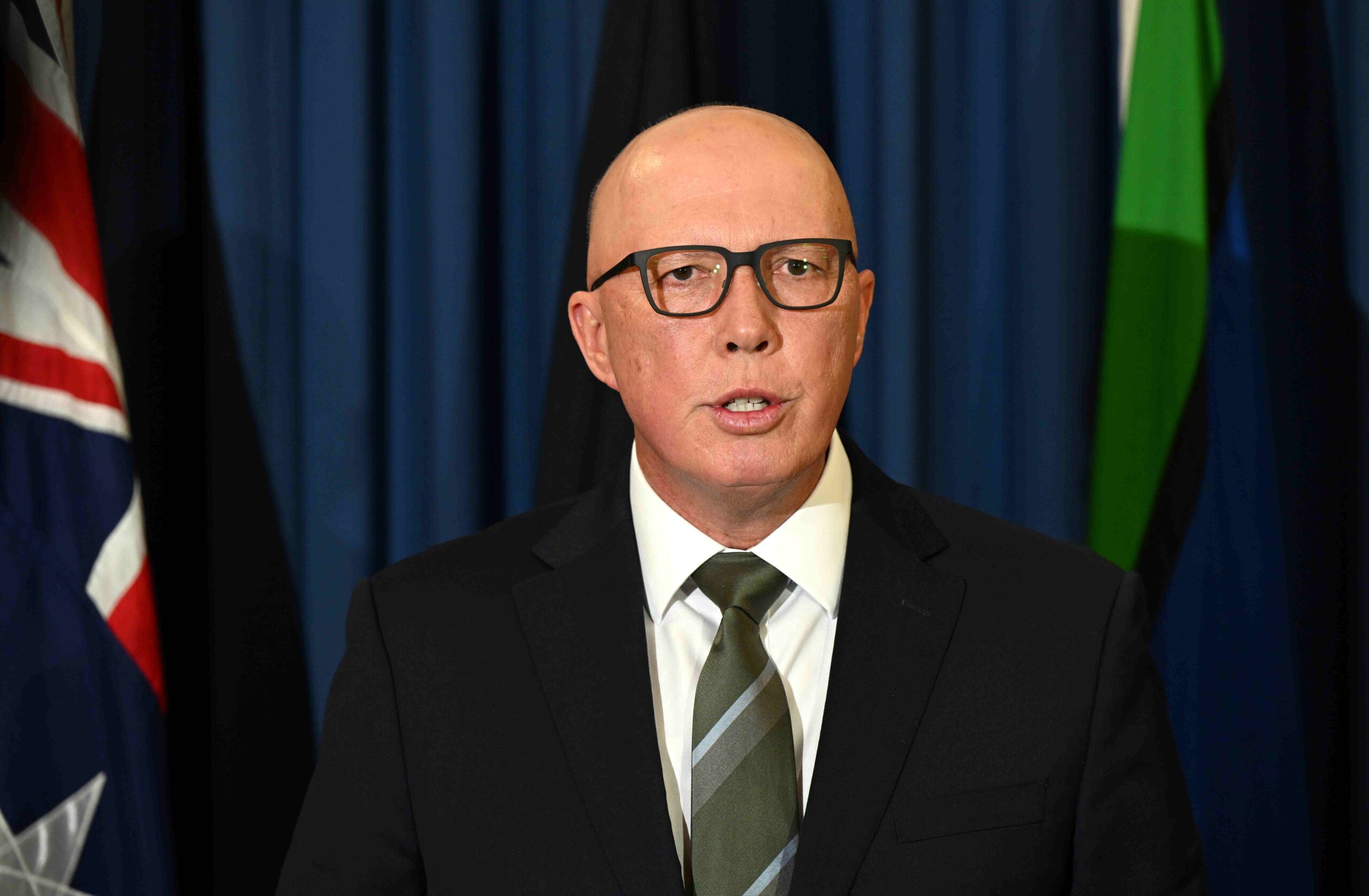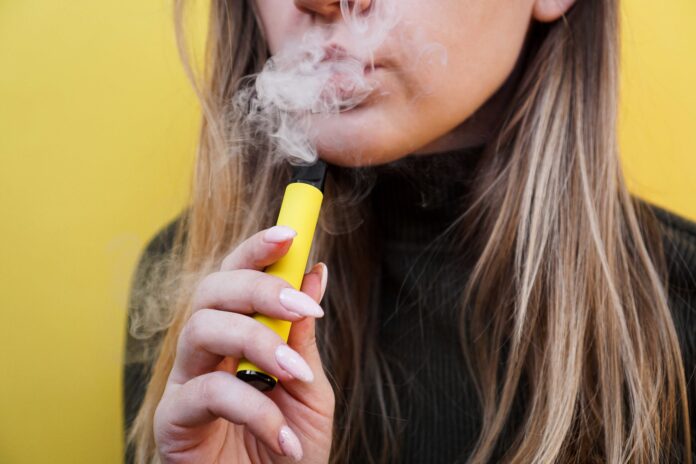A Sunshine Coast researcher has welcomed moves that are hoped to snuff out vaping and smoking in a new generation of nicotine addicts.
It has been announced the tobacco tax will be increased to bring in an extra $3.3 billion over the next four years as the federal government rolls out measures to reduce smoking rates.
Recreational vaping will also be banned as the government seeks to prevent the use and appeal of e-cigarettes, especially among youth.
Health Minister Mark Butler announced at the National Press Club earlier this week the tobacco tax would be raised by 5 per cent a year over the next three years, starting from September.
This follows a $234 million boost in the upcoming budget for tougher regulation of e-cigarettes, including new controls on their importation and packaging.
The government will work with the states and territories to shut down the sale of vapes in retail and convenience stores and make it easier to get a prescription for therapeutic use.
To tackle the growing black market, the government will increase the product standards for vapes, including by restricting flavours and colours.
It will require pharmaceutical-like packaging, a reduction in the allowed nicotine concentrations and volumes, and a ban on single-use vapes.
Currently, over-the-counter vapes that do not contain nicotine are accessible to anyone over the age of 18.

In December last year, more than 270,000 illicit cigarettes and 33kg of loose-leaf tobacco were seized from three retail tobacconists in Maroochydore, Dicky Beach and Currimundi and a storage facility in Maroochydore.
Queensland Department of Health officers also seized more than 9000 illegal vape products.
“Under the Medicines and Poisons Act 2019 (Queensland), nicotine vaping products are illegal unless supplied by a pharmacist on prescription or obtained through an approved Therapeutic Goods Administration (TGA) process,” a spokesperson from the Queensland Department of Health said.
Australian Taxation Office acting deputy commissioner at the time Jade Hawkins condemned those who took part in the illicit tobacco trade.
“Retailers choosing to become involved in the sale of illegal tobacco gain an unfair price advantage over honest businesses who are doing the right thing,” she said in December.
“Although most people do the right thing, some people and businesses deliberately avoid meeting their obligations.
“What’s more, participating in the shadow economy reduces the funds available for essential community services, such as health and education.
“The shadow economy is estimated to cost the economy about $8 billion a year.”
Related story: Health worries: lifting the cloud on vaping
Schools across the Sunshine Coast have been cracking down on e-cigarette use, conducting educational campaigns with staff, students and parents through leading university experts.
Some local schools have also installed vape-detection sensors in bathrooms to deter the behaviour.
The Department of Health spokesperson said exposure to nicotine during adolescence can alter the structure and function of the brain.
“People who have never smoked tobacco and use vapes are also three times as likely to take up regular smoking than non-smokers who don’t vape,” the spokesperson said.
Dr Rachael Sharman is senior lecturer and researcher in the field of psychology at the University of the Sunshine Coast.

“I think this had to happen ultimately,” she told Sunshine Coast News.
“Vaping is a useful tool for those trying to quit cigarettes and have found other methods unsuccessful.
“Unfortunately, it’s also proven to be a ‘gateway’ into nicotine addiction and future tobacco smoking.
“The fact it has been taken up with such gusto by teenagers heightens those concerns.”
Alcohol and Drug Foundation chief executive Dr Erin Lalor said most people vaping in Australia were using unregulated products, with no idea what was in them.
“Some people who vape, including young people, may be unknowingly consuming nicotine and have formed a dependence,” she said.
A $63 million public health campaign will be launched to discourage Australians from taking up vaping and to encourage them to quit.
Support programs helping Australians quit the habit will be bolstered by a $30 million investment, with education in smoking and nicotine cessation among health practitioners to be strengthened.
The government will also commit a further $140 million for a program helping Indigenous people stop smoking, which will be expanded to include vaping.
Opposition Leader Peter Dutton said the Coalition would support measures to reduce vaping rates.

“There is a significant problem in our country, it needs to be addressed,” Mr Dutton said.
“I don’t want to see vaping as a gateway into smoking and I want to see us prioritise the health particularly of young people, so we will support sensible measures.
“But we haven’t seen anything yet from the government by way of detail.”
Mr Butler revealed the scale of the public health issue, with children under the age of four reported to Victoria’s poisons hotline after they used a vape.
He said the hard-won gains in public health relating to the reduction in smoking could be undone by this “new threat”.
“This is a product targeted at our kids, sold alongside lollies and chocolate bars,” he said.
“Vaping has become the number one behavioural issue in high schools, and it’s becoming widespread in primary schools. This must end.”
Do you have an opinion to share? Submit a Letter to the Editor at Sunshine Coast News via news@sunshinecoastnews.com.au. You must include your name and suburb.





